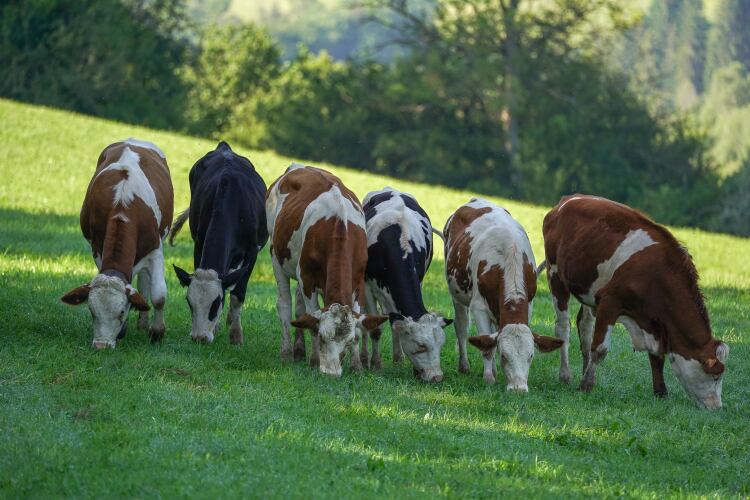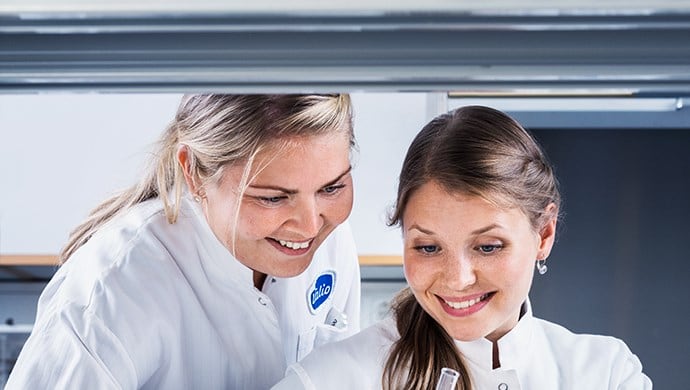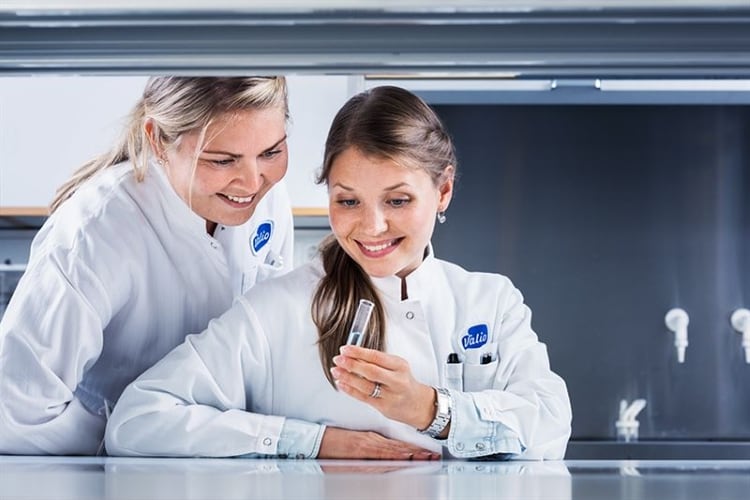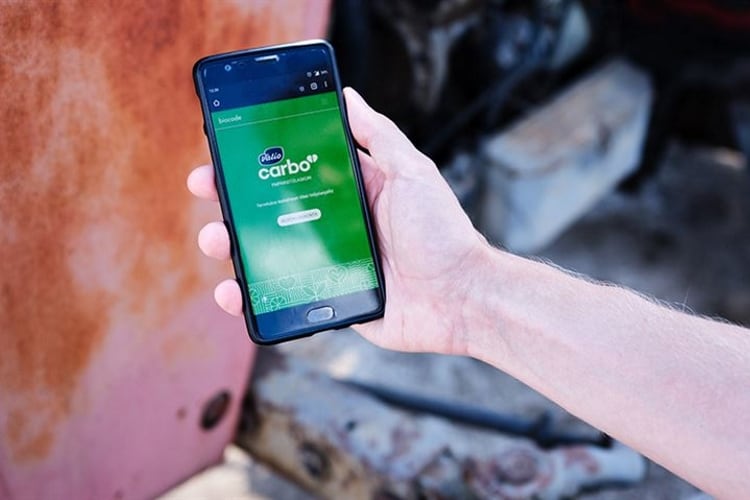Valio launched the sustainability bonus programme four years ago to encourage dairy farms to carry out ‘sustainability actions’ that go beyond the statutory requirements.
To date, farms have received the bonus payment for efforts to improve animal welfare. Meeting the criteria has required actions like veterinarian visits, planned healthcare for cows and systematic monitoring of welfare. The healthcare of the cattle is monitored through the national and certified Naseva, the Centralised Health Care Register for Finnish Cattle Herds.
“The goal we set four years ago was for all Valio dairy farms to commit to the sustainability bonus programme actions to improve animal welfare by 2021,” Ilkka Pohjamo, Senior Vice President of Primary Production at Valio, explained.
Now, the dairy processor is updating its ambition.
"Now that the original goal has been achieved, we are further developing the sustainability bonus programme. Going forward, dairy farms will receive a sustainability bonus also for farm actions that strengthen biodiversity and mitigate climate change. Animal welfare continues to be an important theme, and now we will focus particularly on increasing grazing and year-round outdoor activity for cows,” Pohjamo elaborated.
Farms can receive additional payments per milk litre for grazing their cattle and giving them access to outdoor activity, for farming practices supporting biodiversity, and for efforts aiming to reduce the farm’s carbon footprint.
The new actions are voluntary for farms, and the idea is that each farm will choose the actions that are right for them.
A focus on grazing
More than 70% of Valio farms graze their cattle, and about 80% of the farms have either pasturage or exercise yards. Valio’s intention is that grazing and outdoor activity are significantly increased in the future.
“Cows can move about freely year-round in a freestall barn, but the animals can’t get outside to graze on all farms. The sustainability bonus will incentivize more and more farms to arrange outdoor activity for cows,” Pohjamo explained.
The dairy expert said that outdoor grazing is a win-win for cows and the environment. “Grazing is not only good for the cows, it’s also good for biodiversity because grazing cows and the manure they leave in the pasture attract many kinds of insects, which in turn are food for birds. For instance, where there are cows, there are also swallows.”
So why don’t all farms pasture their cows?
“One reason might be that there is a road between the barn and the pasture, impeding the cows’ access the pasture. In years past, pasture planning wasn’t necessarily taken into account when building a new barn. These days, access to pasturing is considered in the design phase of new barn projects. So this is another area where we are moving in the right direction,” Pohjamo explained.
Climate action on farms
Pohjamo stressed that, for Valio to deliver on its carbon commitments, dairy farmers need to act now to reduce their on-farm footprints.
“Our goal is to cut milk’s carbon footprint to zero by 2035. A large share of milk’s carbon footprint originates in primary production at dairy farms, and that’s why it is important that the farms have tools to monitor the decrease in their own carbon footprint and take the necessary actions,” he said.
Valio is owned by around 4,000 farmers and over a quarter of them are already taking steps on their carbon footprint. “Already some 1,200 farms have started using the Valio Carbo calculator to calculate their carbon footprint, and close to 650 dairy farms have taken part in carbon farming training. Going forward, a bonus can be received by calculating the carbon footprint and implementing carbon farming measures,” the Finnish dairy expert revealed.
Valio stressed that the action it is taking is significant in the ‘big picture’ of agricultural emissions. In total, about 80% of the milk produced in Finland is within the sphere of Valio’s sustainability bonus programme. After the update, Valio will pay its dairy farmer owners, through cooperatives, nearly €50m to support progress.
How does the bonus scheme work? Previously, the sustainability bonus was two cents per litre of milk; now it will be possible for farms to earn an additional cent by combining various actions. For example, the average size farm of 45 cows currently receives a sustainability bonus of €8,000. With the programme update, it’s possible to increase the bonus to €12,000, the dairy processor detailed.
Valio pays all its operating profit to its farmer owners, who are organised in regional cooperatives. The company noted it has managed to keep the raw milk price paid to the cooperatives higher than the average European price. Valio has increased the milk price it pays to the cooperatives by 10.5 cents since October 2021.




